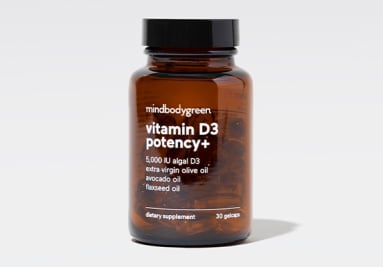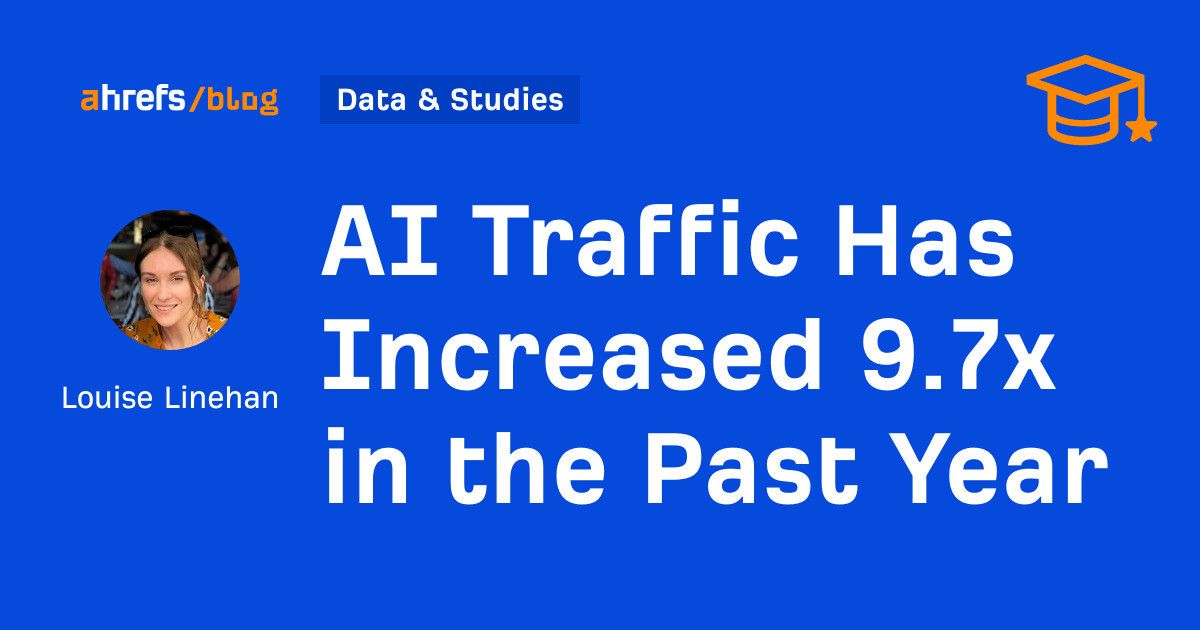Research Shows Vitamin D Sufficiency Is Tied To Improved Cognitive Function*
These findings are a big win for brain health.

Advertisement
This ad is displayed using third party content and we do not control its accessibility features.
What's vitamin D got to do with cognitive function?
Throughout the past 20 years, a lot of brain health research has focused on vitamin D and cognitive function4. Through these studies, researchers have discovered that healthy levels of this essential fat-soluble micronutrient help transfer information between neurons5, support cellular immune factors in the brain, and even protect the structure and function of neurons—which is especially vital as we age.* The science is clear: Vitamin D is a key player when it comes to everyday function of the nervous system.*
Your brain on vitamin D
While we know vitamin D deficiency is inversely related to brain health parameters, studies analyzing cognitive function in those who have achieved vitamin D sufficiency are few and far between. Thus, the International Journal of Environmental Research and Public Health study explored the relationship between cognitive performance and vitamin D levels in healthy middle- to older-aged adults.
Women in the study had an average serum 25-hydroxyvitamin D [i.e., 25(OH)D] level of 31 ng/ml while men averaged 34 ng/ml—both slightly above the clinical cutoff for vitamin D insufficiency of 30 ng/ml. All participants had 25(OH)D levels above 20 ng/ml (which is considered the cutoff for vitamin D deficiency) and were tested for these vitamin D levels and cognitive health and performance metrics throughout the study.
Advertisement
This ad is displayed using third party content and we do not control its accessibility features.
What researchers found
Women with increased (i.e., sufficient) levels of vitamin D had better global cognition (i.e., overall cognitive function) and longer attention spans, aka attention accuracy.* Interestingly, improvement of attention accuracy plateaued around 25(OH)D levels of 32 ng/mL. In men, sufficient vitamin D levels were also associated with improved attention accuracy.*
Thanks to the patterns of association between cognitive performance and vitamin D status, researchers determined that a dose-response relationship (i.e., increasing levels of the "sunshine vitamin" to help promote and preserve cognitive function) may exist—especially in women.*
This data supports what mindbodygreen already knew to be true: maintaining vitamin D sufficiency throughout the lifespan is crucial to supporting brain health (and a host of other aspects of our health) now and as we age.*
The takeaway
This important study adds to the ever-growing evidence that achieving (and maintaining) sufficient vitamin D levels supports multidimensional aspects of cognitive function and overall brain health.* That being said, it's nearly impossible to get enough vitamin D from sunshine and food alone daily and throughout life. (That's where a high-quality vitamin D3 supplement comes in.*)
mindbodygreen's vitamin D3 potency+ is a high-potency, science-backed daily dose of vitamin D3 (the most bioavailable form of vitamin D) that is expertly designed to promote vitamin D sufficiency for life.* This dynamic D formula delivers 5,000 I.U. of sustainable, organic algal vitamin D3 and features built-in absorption technology (via a trio of organic olive, avocado, and flaxseed oils) in just one daily gelcap, making the journey to a lifetime of vitamin D sufficiency as easy as possible.*
If you are pregnant, breastfeeding, or taking medications, consult with your doctor before starting a supplement routine. It is always optimal to consult with a health care provider when considering what supplements are right for you.

 ShanonG
ShanonG 


































